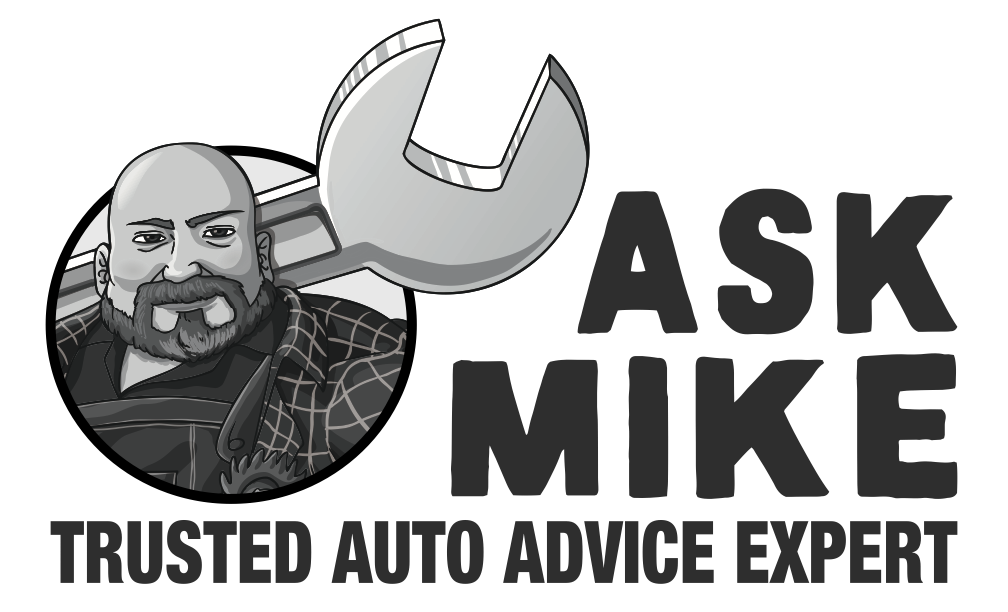Dear Mike,
I recently took my car to the mechanic because of a strange smell coming from the exhaust. After inspecting it thoroughly, he suggested getting a smoke test done to diagnose the issue. However, I am not sure what that entails. Could you tell me more about what is involved with a smoke test and how it helps identify problems in a vehicle’s exhaust system?
Thank you,
Sabrina
Dear Sabrina,
First off, I love getting automotive questions that involve some smoke – it immediately makes me think of a James Bond car chase scene. But let’s get serious for a moment. The smoke test is indeed a valuable diagnostic tool that can help pinpoint a wide array of problems in a vehicle’s exhaust system. In fact, it’s so valuable that it’s become a standard practice for many mechanics these days.
So, what happens during a smoke test? Simply put, a mechanic will attach a smoke machine to the vehicle’s exhaust system, which then pumps a harmless, dense smoke into the system. This smoke helps highlight any leaks or faults in the exhaust system, helping the mechanic pinpoint the cause of the issue.
One of the most common uses for a smoke test is to diagnose leaks in the exhaust system that could be causing a strange smell or even harmful fumes to enter the cabin. As the smoke is pumped into the system, most of it should flow smoothly out of the tailpipe. However, if there’s a leak somewhere in the system – be it a crack in the manifold, a loose gasket, or other damage – the smoke will begin to escape, revealing the source of the issue.
But smoke testing isn’t just limited to exhaust systems. As I mentioned in my previous post, it can also be used to diagnose boosted engines, locate wind and water leaks, find EVAP leaks, and even check for issues around diesel particulate filter systems. So, while the name “smoke test” might sound a bit ominous, it’s actually just a very effective tool in a mechanic’s arsenal that can help identify and fix a wide array of faults in a vehicle.
Now, when it comes to using a smoke test, there are a few things you should keep in mind. First, it’s important to find a reputable repair shop that offers smoke testing services. While it’s a standard practice these days, there are still some shops out there that may not have the necessary equipment or training to do it properly.
Secondly, while a smoke test is a great diagnostic tool, it’s not a catch-all solution. Depending on the type of issue your car is experiencing, other tests or diagnostics may be necessary to get a full picture of the problem.
Finally, always make sure to ask questions and get fully informed before any diagnostic work is done on your vehicle. A good mechanic should be happy to explain the process and answer any questions you might have.
So, there you have it, Sabrina – the smoke test, explained. Whether you’re dealing with a strange smell or just want to make sure your vehicle is running at peak efficiency, a smoke test can help shed light on any hidden faults and keep your ride in top shape.
Stay safe on the roads,
Mike Urban
